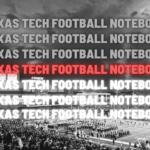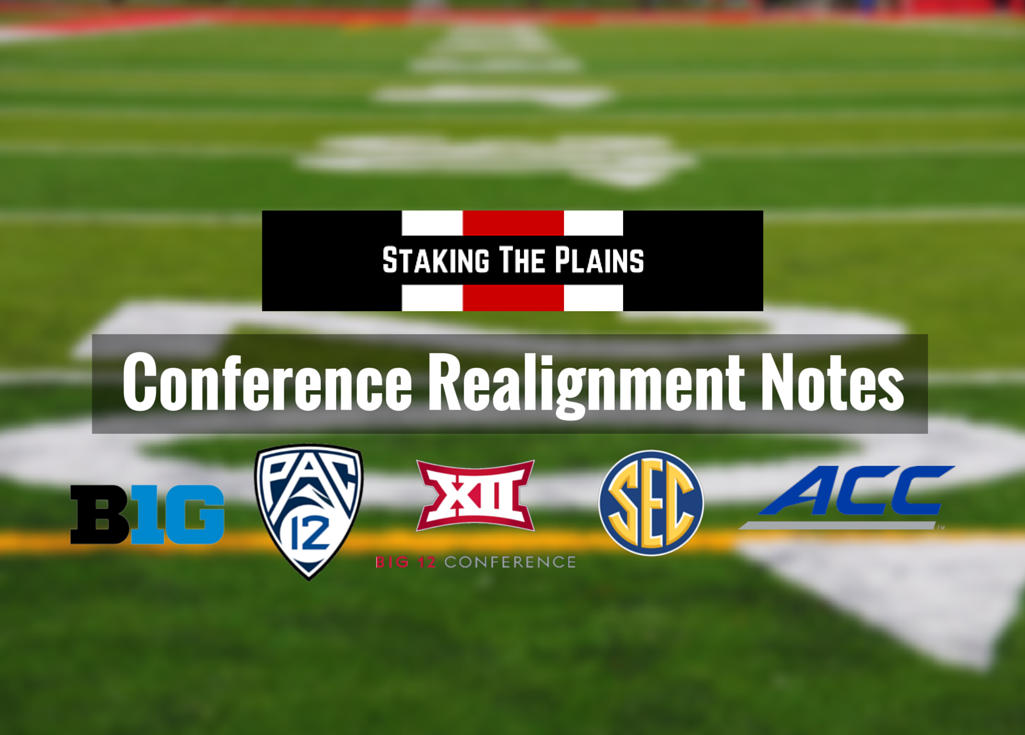Memphis and Houston Want in the Big 12
ESPN’s Jake Trotter has some juicy details about how Houston, Memphis, Central Florida are lobbying to make their way into the Big 12. Thank goodness for the open records requests. The big news is that Memphis and FedEx are willing to spend $500 million in investments to academic and athletics and FedEx is willing to become a significant sponsor.
On Feb. 24, Memphis president David Rudd penned a letter to Gee and copied Oklahoma president David Boren and Baylor president Ken Starr, the other two members of the composition committee, as well as former Big 12 board chairman and Kansas State president Kirk Schulz. In the letter, Rudd pledged that Memphis will make a $500 million investment in academic and athletic infrastructure over the next five years. Rudd also enclosed a letter from FedEx chairman Fred Smith, who stated that the delivery services giant headquartered in Memphis will be behind the school’s Big 12 campaign.
“We strongly support the university’s efforts to become a member of an expanded Big 12 athletic conference,” Smith wrote to Rudd in a letter dated Feb. 23. “In support of [Memphis’] Big 12 aspirations, we have researched college conference sponsorships and are prepared to become a major Big 12 sponsor of football and basketball.”
You know what talks? Money.
Can BYU Politic to the Big 12
KSL’s Ben Anderson writes and wonders if BYU can politic its way into the Big 12.
For the wellbeing of BYU’s athletic future, though, are the Cougars capable of closing the deal? BYU’s reputation on the field matters little, but the question is this: Is BYU seedy enough in the right places?
The Big 12’s athletic directors, coaches and presidents met last week and were presented with data from Navigate Research, a company tasked with simulating the benefits of potential expansion. The data showed that the Big 12 could increase its likelihood of reaching the college football playoff by 10-15 percent by adding two teams to its 10-team roster and playing a conference championship game.
Since the original string of conference realignment in 2010, BYU has found itself among the leading candidates to benefit from future conference expansion, after leaving the Mountain West Conference to become and independent.
While it’s hard to argue with BYU’s case for candidacy on the field, has it done enough behind the scenes to earn a spot? Are the Cougars willing to do what it takes behind the scenes to become the newest member of the Big 12?
The article is one that paints these negotiations as being done in back rooms over scotch and cigars and whatever else. Seems like most of this is being done over emails, letters and offers. Maybe this fits the narrative that BYU really isn’t willing to work that hard to get into the Big 12, but of all of the things being released, there really hasn’t been anything released about how BYU is beating down the doors of the Big 12 members to get into the Big 12. Not BYU though.
Gone. Gone. Gone.
The DMN has a transcript from a podcast with FOX Sports Bruce Feldman and Stewart Mandel hosting CBS Sports’ Dennis Dodds. Dodds opined that Texas and Oklahoma are all but gone:
“I think Texas and Oklahoma are will be gone [from the Big 12], and there will be an entity, perhaps named the Big 12, with [UCF, BYU, and/or Cincinnati] in it,” Dodd said. “I think clearly Texas and Oklahoma have their eyes on greener pastures. I talked to an Oklahoma person this week, he gave a little detail on they were 30 minutes away from going to the Pac-12 in 2010. Actually very close both times in 2010 and 2011.
“Basically Texas scuttled that by agreeing to stay in the league. He told me that they were working on trying to get Notre Dame to the Big 12, not now but at one time. Oklahoma was working to get that. I think they’re both gone as soon as this media rights deal ends just for greener pastures.”
Miscellaneous. ESPN’s Ryan McGee has one of those posts about how the Power Five conferences should expand, but this is one of those pie in the sky sort of articles where all of the Power Five conferences are realigned and expanded. These are always unrealistic to me because it requires conferences to be nimble and forward thinking and that just doesn’t happen . . .










